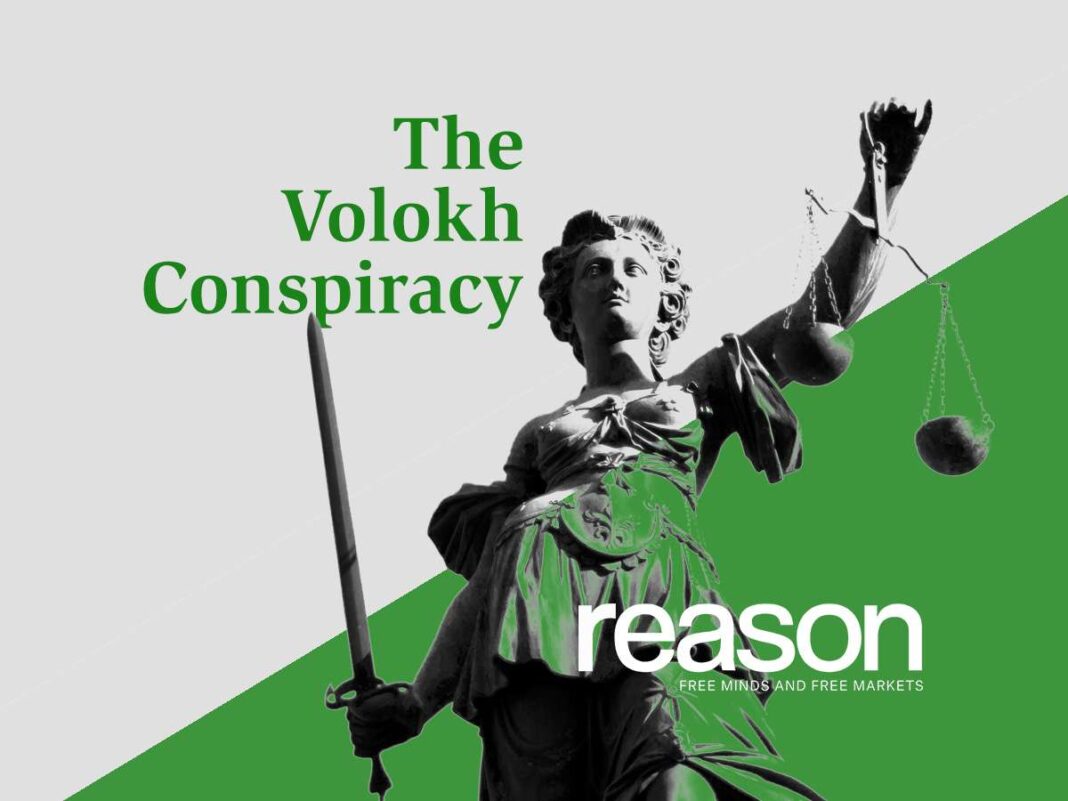Just published as part of the “Non-Governmental Restrictions on Free Speech” symposium; here’s the start of the Introduction (the article is here):
Contemporary free speech law and policy in the United States teems with contradictions that cannot be explained by any principled doctrine. The key to understanding the current legal and cultural landscape of free speech is not some enduring constitutional value or method of interpretation, but rather the ascendance of a very specific political ideology that is best described as neo-Confederate. Neo-Confederate ideology is a constellation of values that includes investment in racial hierarchy, attachment to traditional gender roles and gender conformity, idealization of the pre-Civil War South, belief that the U.S. is a Christian nation, and hostility to democracy. The neo-Confederate agenda renders coherent what otherwise appear to be chaotic free speech positions: the condemnation of “cancel culture” by promoters of censorship; the conflation of speech reactions with speech restrictions; the equation of the right to speak with the right to an audience; alternating invocations and dismissals of the state action doctrine. While these positions are malleable enough to occasionally serve progressive interests, they are most consistently and powerfully deployed to protect the interests of white male supremacy.
The neo-Confederate agenda is, as its name suggests, a partisan project. Though not all Republicans are neo-Confederates, virtually all neo-Confederates are Republican. While the attachment to Lost Cause mythology may be strongest in the South, its core tendencies—whitewashing the role of slavery in American history; selectively championing states’ rights; and promoting racial, gender, and religious supremacy—have spilled over geographic borders.
The conservative reactionaries waging war against racial, gender, and religious equality have increasingly zeroed in on educational institutions as targets, often in the guise of fighting “critical race theory.” In the first six weeks of 2022 alone, 103 bills were introduced in state legislatures across the nation that were aimed at restricting speech in schools and universities. These bills range from censoring what can be said about the role of racism and misogyny in shaping American institutions to forbidding “inappropriate” discussions of sexual orientation or gender identity. These provisions are vaguely and broadly worded in order to create maximum confusion and uncertainty about what speech is permitted. Many of these bills allow parents or other parties not only to demand removal of but also to sue over educational material they find personally objectionable, creating financial and social incentives for censorship. Republican officials and organizations have also issued executive orders, statements, book bans, and administrative guidelines attacking discussions of social justice and diversity. This anti-education movement vilifies teachers, administrators, librarians, and school-board members as “indoctrinators,” “groomers,” and “pedophiles,” leading to harassment, doxing, threats, physical assaults, and firings….





